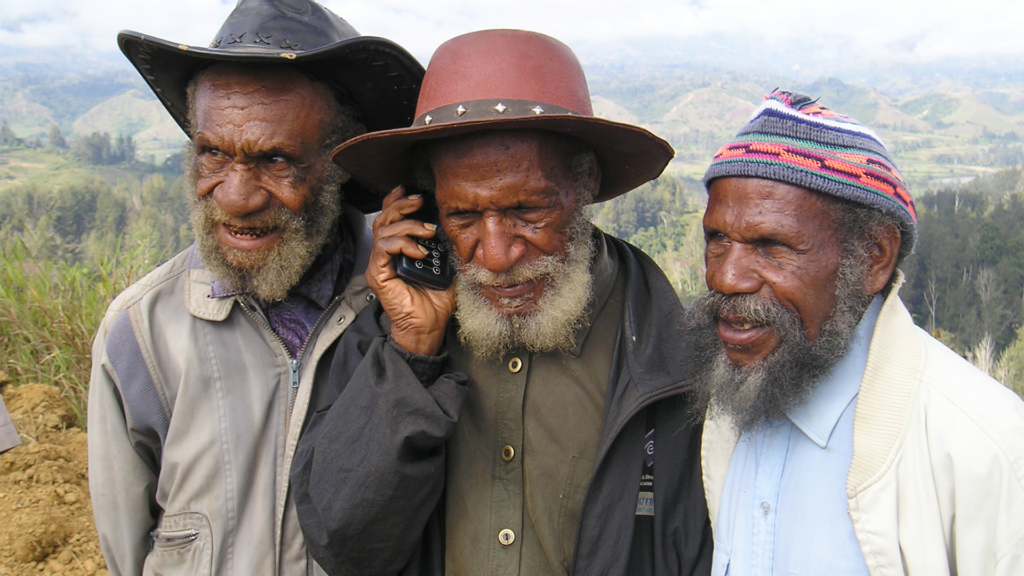How do you respond to adversity? What about the testing of your faith through sickness, difficulty, financial pressure? Or the devastation in the world around you? When someone close to you is going through a difficult situation, a health crisis, a marriage breakdown or recovering from trauma?
Often we carry it silently, block it or transfer it onto someone else.
A common response today is to get on the internet. We argue, disagree, try to make sense of things. Sometimes we rant or vomit out our pain. Sometimes we use humour to take the edge off.
If it is a world event we often pull ourselves back, decry the world and withdraw into our churches, away from the evil outside.
If it is a problem within the Church we take sides, threaten to withdraw our tithe, change churches or even stop going for a while.
If it is personal, we push ourselves harder to get through it, we often isolate ourselves and carry the burden alone.
Well-meaning Christians tell us to pray more and read the Bible more. That is one response but still only a partial one. We are still trying to manufacture an outcome. We pray for what we would like to see happen.
We have forgotten a biblical injunction that is not common in the modern world: mourning. When David was pressed, he wrote psalms, many of which are laments.
We find a good example of this in Daniel 10:2,3: “At that time I, Daniel, mourned for three weeks. I ate no choice food; no meat or wine touched my lips; and I used no lotions at all until the three weeks were over.”
It seems Daniel is not doing this alone. In verse 7 we hear that Daniel was the only one who saw the vision but it seems that others were with him when the vision arrived. [pullquote]
Daniel sees the state of his people in captivity. He knows that time might be drawing to an end. So he fasts.
The outcome of Daniel’s time of fasting was a revelation of Jesus Christ Himself. He saw results.
True mourning can bring God’s power into our lives. It requires giving up control. In all the reactions we can have, we are in control, except this one. As we sacrifice (Daniel let go of fine delicacies and looking after his skin) we are acknowledging that we have no control of the situation. We have come out of denial and realised that there is nothing we can do. We acknowledge it is a terrible situation and cry out to God.
Whenever the going got really tough in biblical times, God’s people would mourn, turning to fasting and confession, tearing their clothes and wearing ash in their hair. This is not popular or fashionable today. I’m not suggesting you tear your clothes or roll around in your fireplace but mourning prepares our hearts to receive whatever is coming. We are humbled, we have confessed, we are expectant.
Now after a set time of mourning and fasting, we can be proactive, even if God’s working is not clear just yet. We can donate money, rally around a hurting church member, try to find solutions to the problems that are around. But the time of preparation seems to be more important than the time of solutions.
I wonder what would happen if we as a Church committed to mourning for the problems of youth retention and the revolving back door. I wonder what would happen if, as individuals, we fasted and prayed for our spouse or our children who are struggling with faith. I wonder what would happen if, before choosing a political side on the refugee debate we, as Christians around the world, mourned for Syria and the Middle East, petitioning the throne of God for an outcome.
I wonder what would happen if we lamented the fact that some of our small churches or schools are struggling with numbers and, instead of arguing about which strategy would get people in the door, we humbled ourselves before God and His mercy.
Mourning is followed by revival.
I wonder what would happen if we rediscovered the lost Christian art of lament.






